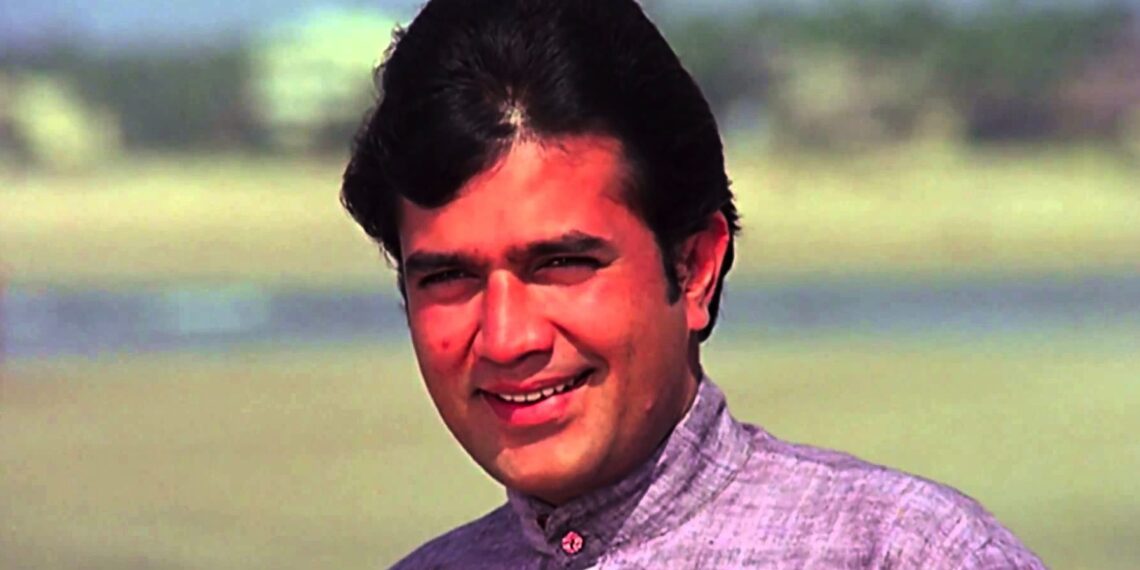Hailed as India’s first superstar, Rajesh Khanna was infamous for his tantrums, arrogance and most importantly unpunctuality.
Ask any of his co-stars, hardly would you come across one who would toe a different line. But did you know when it came to hard to disciplined makers, even the might of Kaka as he was fondly, revered as had to succumb.
On his death anniversary, here’s a quick recall of how legendary filmmaker Hrishikesh Mukherjee put his foot down and ensured Khanna shunned his high-handedness.
Khanna was at the height of his stardom when Mukherjee planned Anand. According to a senior journalist, also an Encyclopedia on films, Khanna was desperate to sign on the dotted lines.
In fact, he was never the first choice for the cult classic that later amplified his superstar status.
Mukherjee had initially chosen singer-actor Kishore Kumar for the role that eventually went to Khanna. However, Kumar as whimsical as ever, shaved his head much to the dismay of the filmmaker and finally it was Khanna who stepped in.
Mukherjee was in no mood to endure the superstar’s egotism and the message was clearly conveyed to Khanna who capitulated.
Despite stories of how Khanna rebuffed his co-actor Amitabh Bachchan (who was trying to establish himself in the industry), the shooting went off well and Mukherjee nursed no grudge against him.
The movie not only won critical acclaim but also set the cash registers ringing at the box office.
In fact, the veteran journalist on condition of anonymity does state that most of Khanna’s success stories were associated with “no-nonsense” directors who refused to dance to his whims and fancies.
Films like Aradhana (1969), Kati Patang (1971) and Amar Prem (1972) with Shakti Samanta, Anand (1971), Bawarchi (1972) and Namak Haraam (1973) and with Mukherjee and Roti (1974) with Manmohan Desai – are some of the blockbusters that made him the darling of the audiences.
However, as days passed, especially after the emergence of Bachchan who stole the thunder with his Angry Young Man image thank to movies like Zanjeer (1973), Deewaar (1975) and Sholay (1975), Khanna’s stardom took a trip down South.
In fact, history has it that after the premiere of Namak Haraam, Khanna had confided in Mukherjee that “You have a new star on the horizon.”
But his paroxysm turned out to be a spoiler for his career and even those makers. who swore by him once upon a time, were reluctant to work with him.
Samanta after Anurodh (1977) returned to Khanna after seven years in Awaaz (1984) and Alag Alag (1985), but by that time younger heroes had stepped in and Khanna was a poor shadow of his erstwhile invincibility.
Even Mukherjee stayed away from Khanna for four years after Namak Haraam until he did Naukri (1978) with him.
No wonder, Samanta, Mukherjee and Desai and even Prakash Mehra tilted towards Bachchan leaving Khanna in the lurch.
The journalist concludes saying, “He was always surrounded by Yes Men who reveled in massaging his ego that affected his career.”
Yet despite his recalcitrance, there’s no denying that Rajesh Khanna and his aura will always remain an indelible part of the Indian film industry.















